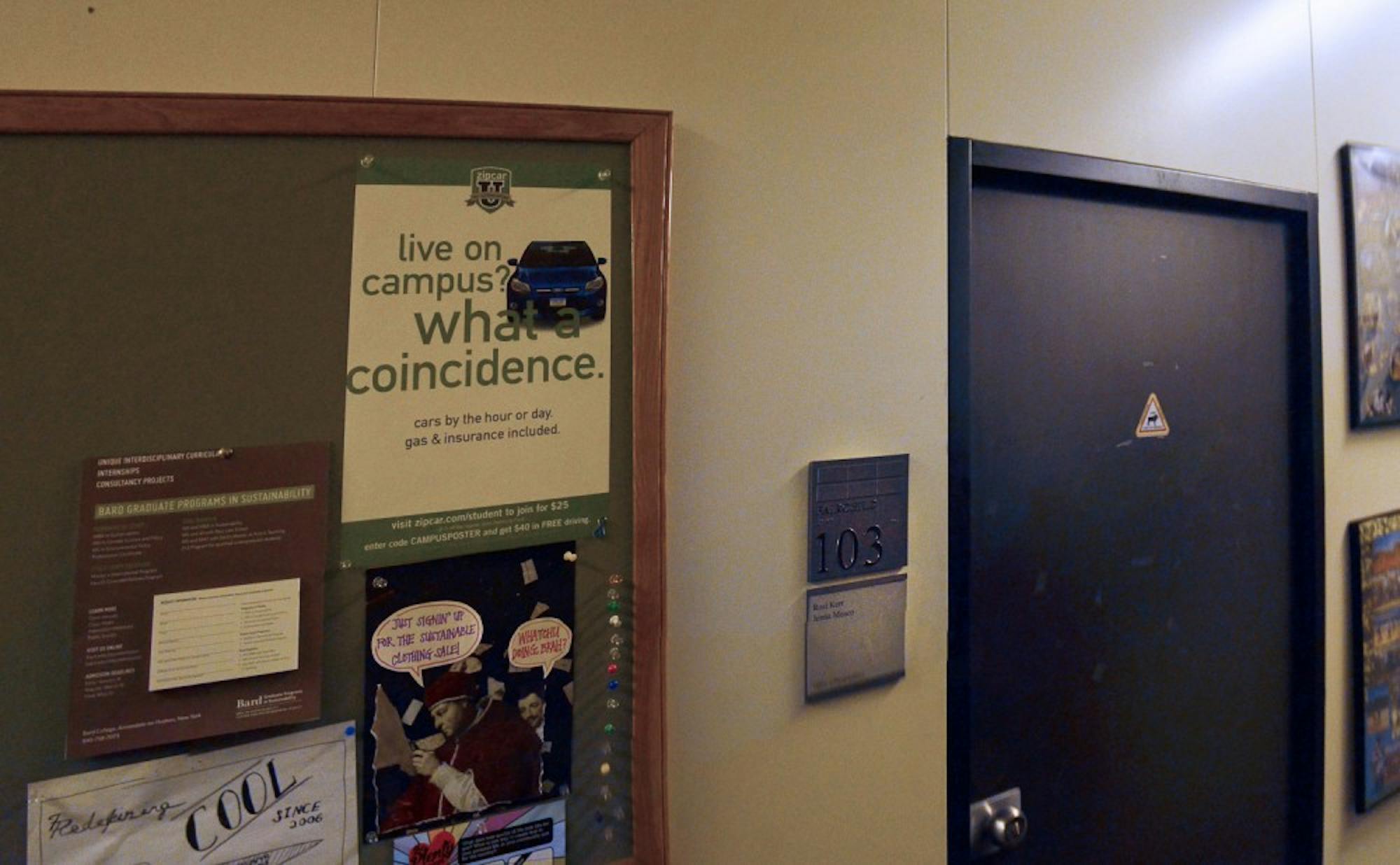Solving global issues of resource efficiency and pollution requires creative thinking and flexibility. To equip student leaders with these skills, the sustainability office will launch a new program called Ecovate next week.
Small workshop groups will discuss brainstorming, need-finding, writing problem statements, decoding perception, thinking by analogy and telling an effective story. The program, which will feature four 90-minute workshops over four weeks, will target 25 sophomores and juniors who have demonstrated enthusiasm for innovation in environmental science.
Alumni, professors and sustainability office staff will teach workshops beginning next Tuesday, posing sustainability challenges to students and facilitating peer-to-peer learning.
Training will focus on helping students develop a broad skill set that they can later use to address issues of sustainabiliy, program manager Jenna Musco ’11 said.
“You can become an engineer or a sustainability guru — these are skills that will be useful no matter what you do down the road,” she said.
Though the program is offered solely to sophomores and juniors, Michelle Dew ’17 said she hopes to participate next year, as she came to Dartmouth to learn more about sustainability.
“I’m definitely hoping that this workshop continues next year and I get to join the effort and learn how to problem-solve in an innovative way,” she said.
Sarah Alexander ’14, a Sustainable Dartmouth intern, said that the workshop focuses on skills, rather than specific issues, to train students to develop creative solutions.
In addition to teaching new problem-solving skills, Ecovate seeks to create a community of passionate students and collect their ideas.
“We’ve been really focused on building what we call a sustainability community, a group of students who identify sustainability as their principal academic and social organizing principle,” Musco said. “That brings them together not only in classes but after classes.”
The workshop series will replace a former series called How Dartmouth Works, which concentrated on how different sustainability systems function on campus. The sustainability office decided to launch Ecovate after realizing that the majority of students already understood the operations of those programs.
The Dartmouth Sustainability Project operates several other programs, such as the Green Greek program, a team of students who promote sustainability within the Greek system, and EcoReps, a sustainability training program for first-year students.
Ecovate’s teaching methods are based on concepts first developed at Stanford University’s Institute of Design, Musco said.




